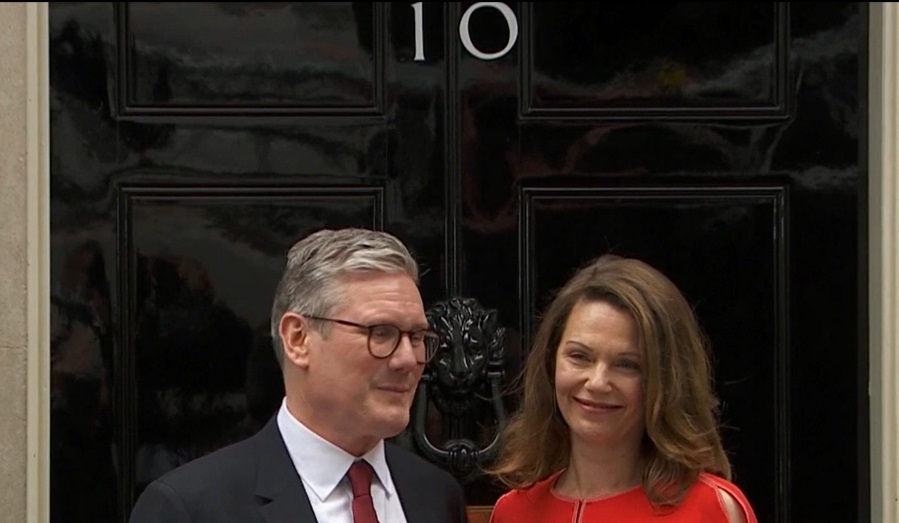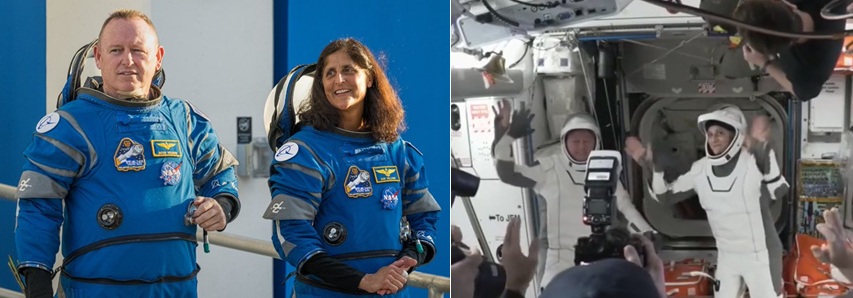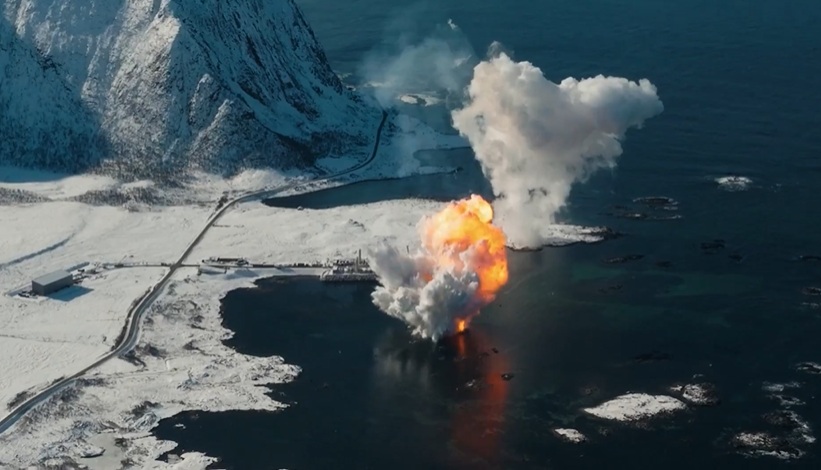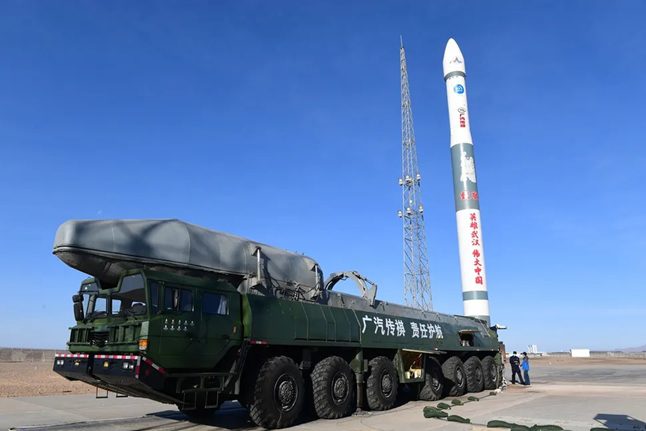Labour won the UK general election by a landslide in terms of the number of seats secured, however its share of the votes cast on 4 July – on a noticeably low turnout – was just 34 per cent. So, it seems that while most of the electorate wanted the incumbent right-of-centre Conservatives out of power, they did not necessarily prefer its main left-wing adversary, the Labour Party.
The Conservatives bled votes to the new right-wing Reform Party and only won 121 seats, losing many past and present government ministers and bringing Rishi Sunak’s modest term as Prime Minister to an end. Both of Sunak’s predecessors, Liz Truss – notorious for lasting just 45 days in office – and Boris Johnson became increasingly unpopular. Sunak was unable to shake off their damning reputations for a perceived lack of competence and/or integrity. This paved the way for his successor, Labour leader Sir Keir Starmer.

UK’s new Prime Minister Sir Keir Starmer and his wife Victoria about to enter No10 Downing Street. Courtesy: BBC
Labour’s win was aided by the UK’s first-past-the-post (FPTP) voting system whereby the party with the largest number of voters in each constituency gets in. It received 412 of the 650 seats (64 per cent). A winning party in a constituency might have less than 50 per cent of the votes. The FPTP system has been criticised on the basis that if a party’s vote is spread evenly over the country, it might have significant voter support but gets very few seats. For example, the Reform party, led by Nigel Farage, secured 14 per cent of votes but only won four seats. The moderate Liberal Democrat party had less support at 12 per cent of the votes but because its support was concentrated in certain constituencies, it attained 72 seats.
Of course, jokers and quippers on the internet had their fun at the change of power:
Unlike the new buzzword ‘AI’, Space was hardly mentioned in this election campaign. A combination of multi-party support for spaceflight, and the fact that it is relatively uncontroversial and inexpensive, means it is likely that Conservative plans will be continued under Labour, with further cooperation with EU science programmes and the European Space Agency. Launch sites in Scotland and Cornwall will continue to receive support, as will UK space manufacturing which is considered a hi-tech activity worth funding.







